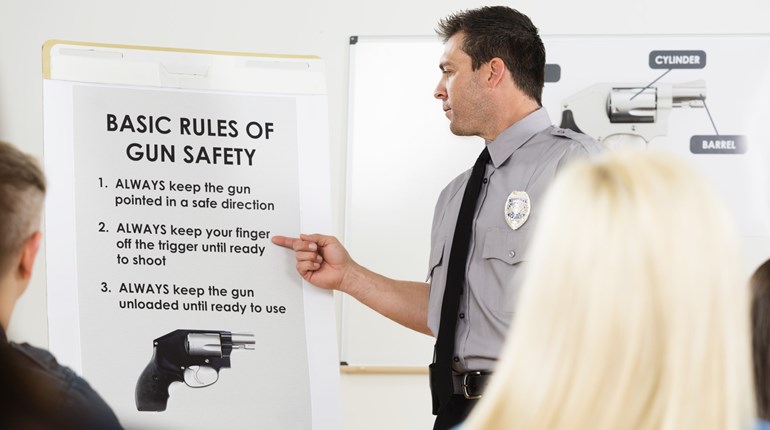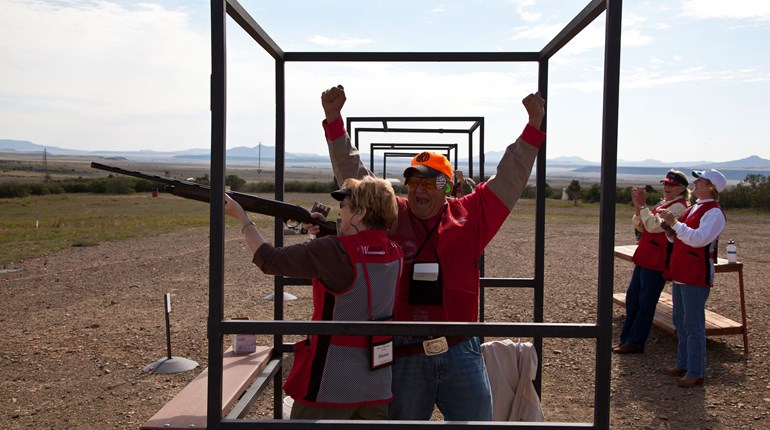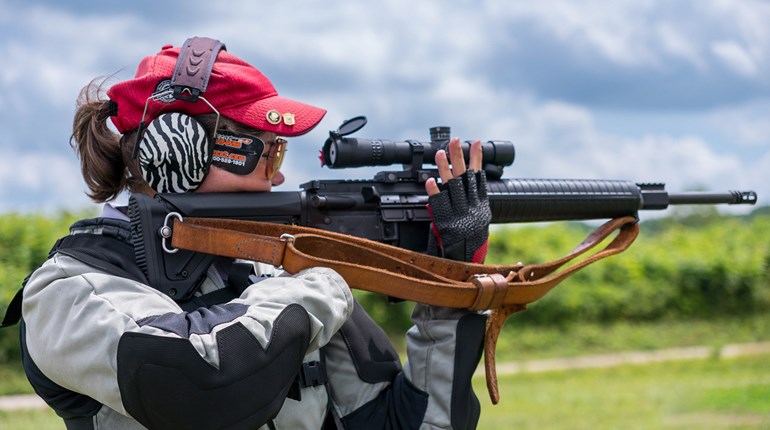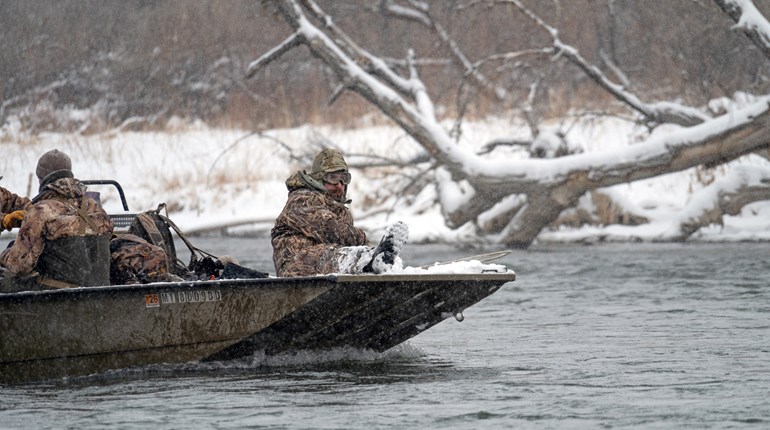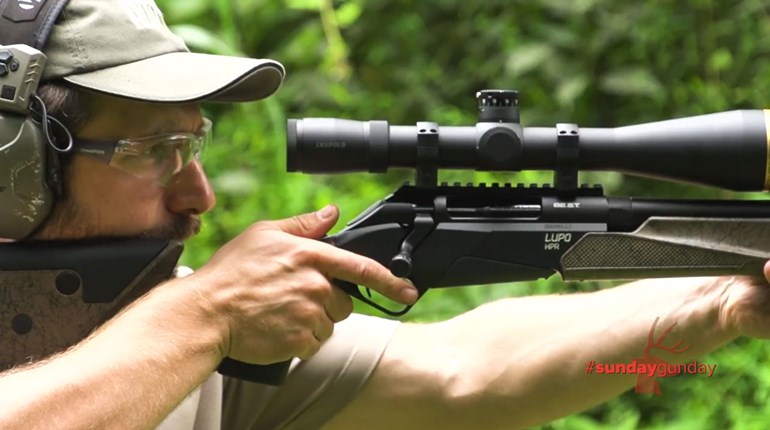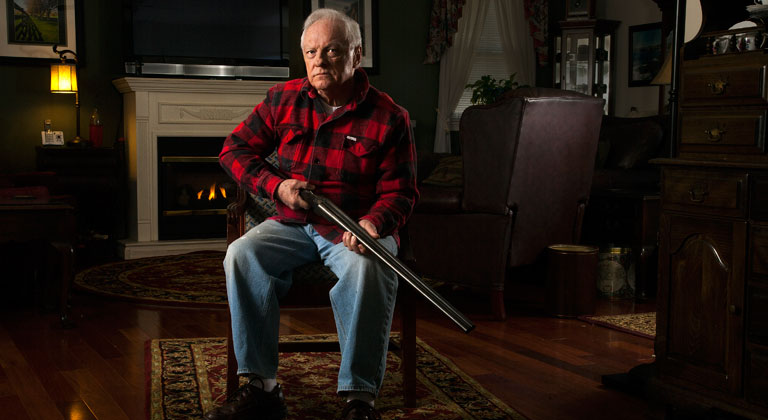
There are a lot of strange tropes floating around in American popular culture about self-defense, many of which are so counterintuitive that it’s often difficult to know where to start when refuting them. Recent reports that more and more seniors are taking interest in armed self-defense prove that whether you yourself are entering the world of retirement and grandkids, or have relatives who are, the right to defend yourself against criminal acts doesn’t expire when you cash in your 401(k). Here are the top two myths about self-defense for an aging population…along with the facts.
Myth 1: Senior citizens rarely need to defend themselves against significant threats.
One of the most famous regular columns featured in NRA Publications is “The Armed Citizen.” These are reports of regular people defending themselves against criminal attack culled from local news sources around the country. Because this is such a common occurrence, it’s impossible for us to print all such reports, but the archives are certainly instructive. Merely reviewing “Armed Citizen” columns for the last few weeks gave us four instances of senior citizens defending themselves with firearms.
Keep in mind that these are only reports in which the victim’s age was listed in the local report—they aren’t always. Furthermore, the astute reader will note that 75 percent of these incidents were resolved without any injury to the criminal. It’s quite common for innocent citizens who have deterred an attack with no shots fired to not report the incident to the police, so it’s likely that there are far more such occurrences than the news would reflect.
Finally, remember that predators prefer easy targets. Seniors are particularly at risk because not only are they seen as being weaker physically, but living on a fixed income often means that they are financially unable to move away from high-crime areas.
Myth 2: Firearms don’t give senior citizens an advantage during a criminal attack.
The myth here is that senior citizens are simply unable to use a firearm effectively due to physical problems related to aging. Although it’s true that as we age we can expect a certain decrease in our eyesight and reaction times, the extent to which it happens varies on an individual basis…and as with any other skill, the more time you spend shooting, the less the skill will degrade. Jerry Miculek, possibly the greatest shooter of all time, is 63 years old. Ed McGivern set a world record in shooting at 59. And on a personal note, up until five years before his passing at the age of 88, my grandfather continued to regularly win state and local skeet championships, besting men and women a third his age.
However, the above is really the answer to the wrong question. The right question is “What else besides a firearm gives an elderly person any kind of a fair chance against a younger, more physically powerful aggressor?”
A third point to consider is that the vast majority—up to 98 percent, according to More Guns, Less Crime author John Lott—of armed-citizen events end without a shot being fired. For many criminals, the mere sight of a gun reminds them of urgent business the next county over.
All law-abiding citizens, regardless of their age, race, gender or income, have the same right to defend themselves against criminal attack. With the proper training in safe firearm use, situational awareness and a personal security strategy, self-defense is no myth…it’s a reality.













